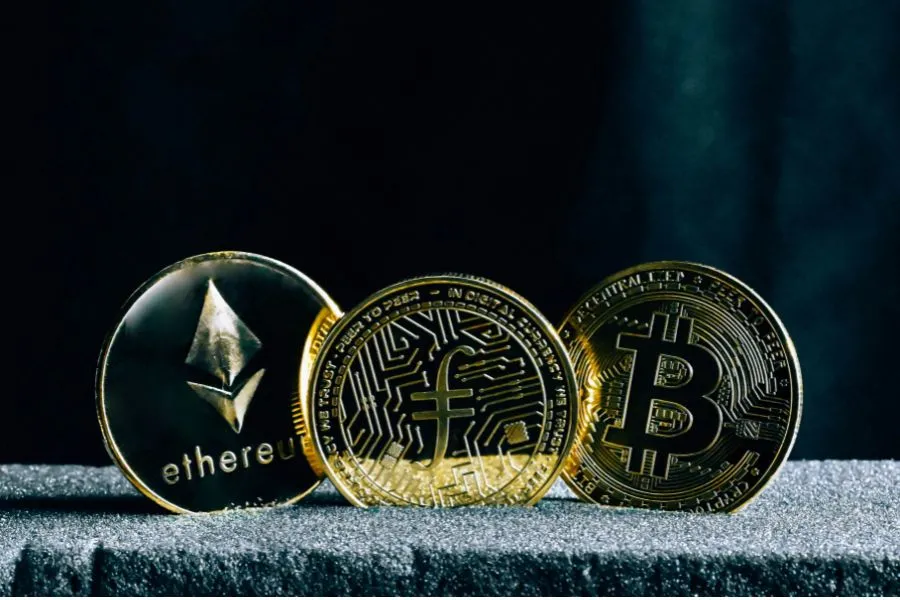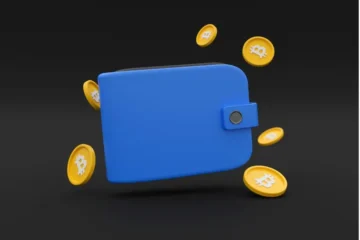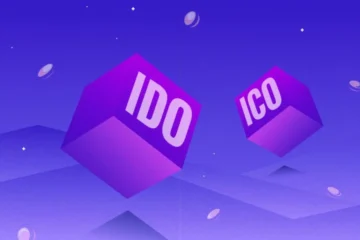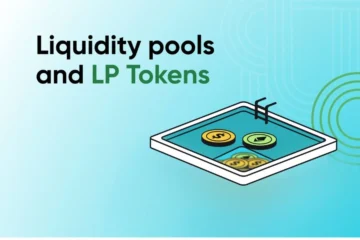So, you’ve heard the word “cryptocurrency” tossed around in news debates, dinner conversations, and maybe even on that one friend’s Instagram story where they swear Bitcoin made them rich overnight. But what is cryptocurrency? And why is everyone—from finance nerds to meme-loving teenagers—suddenly so obsessed with it?
Let’s cut through the hype and get to the basics.
Table of Contents
The Short Answer: It’s Digital Money
At its core, cryptocurrency is a form of digital currency. But unlike the cash in your wallet or the balance sitting in your bank app, it isn’t issued by any government or central bank. Instead, it operates on a technology called blockchain—a kind of public, decentralized ledger that records every transaction ever made in that particular currency.
Imagine a notebook that the entire internet shares, where every entry is permanent, verified, and can’t be tampered with. That’s the blockchain in a nutshell.
But before you dive into mining coins or day trading, let’s take a step back and understand where it all started.
A Brief History of Crypto
Cryptocurrency didn’t just appear out of thin air. It was born out of a desire for a new kind of financial system—one where people didn’t have to rely on banks or governments to manage their money.
The first and most famous cryptocurrency, Bitcoin, was introduced in 2009 by an anonymous figure (or group) going by the name Satoshi Nakamoto. The idea? Create a peer-to-peer payment system that cuts out the middleman.
Since then, the world of crypto has exploded. We’re talking thousands of different cryptocurrencies, with names like Ethereum, Litecoin, Solana, and even Dogecoin—yes, the one with the Shiba Inu meme.
So, What Makes Cryptocurrency Different?
Now that you have a general idea, here’s what sets cryptocurrencies apart from traditional currencies:
- Decentralization: There is no central authority controlling it. Instead, it operates on a global network of computers.
- Limited Supply: Most cryptocurrencies have a cap. For example, there will only ever be 21 million Bitcoins. This makes some people compare it to gold, scarce and valuable.
- Security: Transactions are verified and recorded on the blockchain, making them difficult to alter. Once it’s in the ledger, it stays there.
- Privacy: You don’t need to provide personal details to hold or transfer cryptocurrency. However, it’s not completely anonymous—just pseudonymous.
- Global Use: You can send and receive crypto across borders without needing a currency exchange or bank approval.
Sounds futuristic, right? It is—and yet, it’s already happening.
How Do People Use Cryptocurrency?
Despite being around for over a decade, cryptocurrencies are still in their early stages of adoption. But the use cases are growing fast.
- Investment: Probably the most common reason people enter the crypto space. Many see cryptocurrencies—especially Bitcoin—as a store of value or “digital gold.” Others speculate on newer coins, hoping to make quick profits.
- Payments: Some businesses accept crypto for purchases, from tech gear to coffee. It’s still a niche, but growing.
- DeFi (Decentralized Finance): A whole ecosystem where users can lend, borrow, and earn interest, all without traditional banks.
- NFTs and Gaming: Cryptocurrencies are also powering the world of digital collectibles, in-game economies, and art ownership.
- Remittances: Sending money abroad using crypto can be faster and cheaper than traditional methods.
How Do You Buy It?
If you’re wondering how to get cryptocurrency, the process is simpler than it sounds:
- Sign up on a crypto exchange (e.g., CoinDCX, WazirX, Binance, Coinbase)
- Complete identity verification (KYC)
- Link your bank account or UPI
- Deposit funds and purchase your preferred cryptocurrency
Once bought, your coins can be stored in an exchange wallet or, for more security, moved to a crypto wallet, which comes in two types: hot wallets (connected to the internet) and cold wallets (offline and much safer from hacks).
Is It Legal? What About Taxes?
In India, the government has taken a cautious approach. Cryptocurrency isn’t banned, but it’s not officially recognized as legal tender either. That means you can trade it, hold it, or invest in it—but you can’t use it to pay for your groceries just yet.
Tax-wise, the Income Tax Department has made it clear: if you make profits from crypto trading, they want a slice of the pie. As of 2022, a flat 30% tax applies on gains from crypto, plus 1% TDS on transactions.
So yes, it’s legal to own and trade—but don’t forget to report it.
The Risks You Should Know
It’s not all sunshine and Lambos. Cryptocurrencies come with a fair share of risks:
- Volatility: Prices can skyrocket or crash in hours. Bitcoin once dropped 30% in a single day.
- Security: Exchanges can get hacked. If you lose your wallet’s private key, your crypto is gone forever.
- Regulatory Uncertainty: Governments can change the rules overnight. New taxes, bans, or regulations could impact your investments.
- Scams: Rug pulls, pump-and-dumps, fake coins—it’s the wild west out there. Stay alert.
This isn’t meant to scare you off. But if you’re new to the space, it’s better to walk in with your eyes open than to get burned chasing hype.
So, Is It Worth It?
Whether crypto is the future of finance or just a digital bubble waiting to burst—that’s still up for debate. What’s clear is that it has changed the conversation around money forever. And even if you’re not ready to invest, understanding what cryptocurrency is is becoming as basic as knowing how to use a credit card.
Start small. Read. Ask questions. Learn how blockchain works, what drives crypto prices, and which projects solve real problems. The more you know, the less you’ll fear.
Because in a world that’s increasingly digital, money is evolving too, and cryptocurrency might just be a bigger part of that future than we think.




